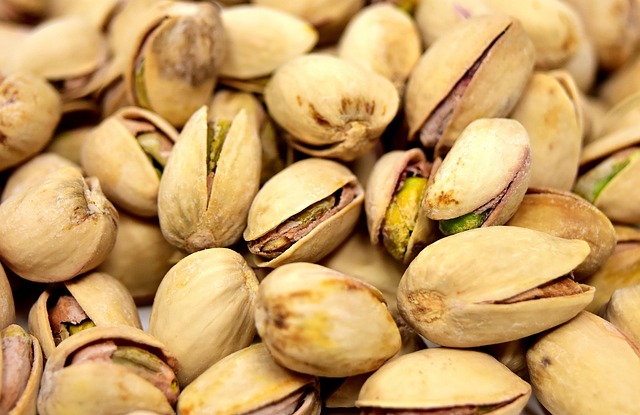10 Tips for Practicing Sustainable Consumption Through Recycling
In today’s world, practicing sustainable consumption isn’t just a choice—it’s a responsibility. Recycling plays a crucial role in this journey, allowing us to minimize waste, conserve natural resources, and reduce our carbon footprint. But how can we make sure that our recycling efforts truly contribute to sustainable consumption? Here are ten actionable tips to help you become a more mindful recycler and make a meaningful impact on the environment.
1. Understand What Can and Cannot Be Recycled
Many people unknowingly toss non-recyclable items into recycling bins, contaminating the process. Take time to learn your local recycling guidelines and be aware of which plastics, metals, and paper products are acceptable.
2. Rinse and Clean Before Recycling
Food residues on containers can spoil recyclable materials and attract pests. Rinse jars, cans, and bottles before recycling to help maintain the quality of materials and improve recycling efficiency.
3. Reduce Single-Use Items
Sustainable consumption starts with reducing waste. Opt for reusable bags, bottles, and containers instead of disposable versions. This reduces the volume of waste and lessens the load on recycling systems.
4. Repair Before You Recycle
Sometimes, items can be fixed or repurposed rather than thrown away. Repair clothes, electronics, and furniture whenever possible to extend their lifecycle and reduce the need for new resources.
5. Separate Materials Properly
Different materials are processed differently in recycling facilities. Separate paper, plastics, glass, and metals to streamline recycling and avoid contamination.
6. Buy Products Made From Recycled Materials
Supporting products made from recycled content reinforces the market for recyclables. Look for labels indicating recycled materials when shopping to encourage a circular economy.
7. Compost Organic Waste
While not part of traditional recycling, composting food scraps and yard waste reduces landfill burden and produces nutrient-rich soil—a natural solution for sustainable consumption.
8. Educate Friends and Family
The more people involved, the greater the impact. Share your knowledge about sustainable consumption and effective recycling practices with those around you to build a community of conscious consumers.
9. Participate in Local Recycling Programs
Engage with community initiatives like hazardous waste collection, e-waste drives, or swap meets. Supporting these efforts ensures proper handling of materials and keeps harmful substances out of the environment.
10. Stay Informed and Adapt
Recycling rules and technologies evolve. Keep updated on best practices and innovations to continuously improve your recycling habits and support sustainable consumption on a deeper level.
Every small effort counts. By embracing these tips, you’re not only reducing waste but actively cultivating a lifestyle centered on sustainable consumption—one that future generations will thank you for.




